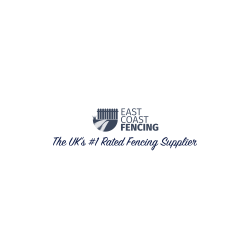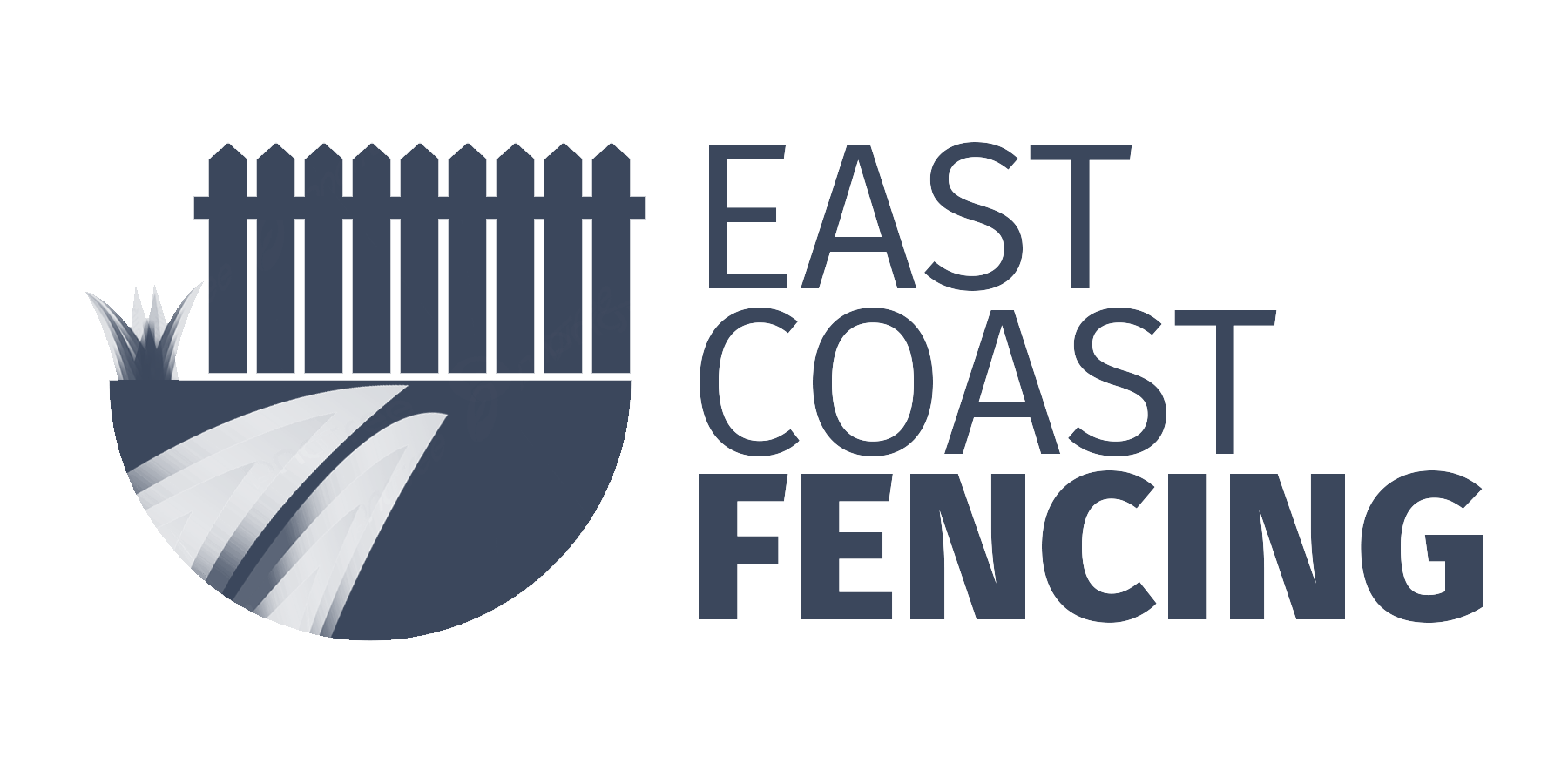The Ultimate Guide to Choosing the Right Fence for Your Garden

Fencing plays a pivotal role in not only defining the boundary of your property but also enhancing its aesthetic appeal and ensuring privacy and security. With a myriad of options available, selecting the right fence for your garden can seem daunting. This comprehensive guide aims to simplify that process, helping you make an informed decision that aligns with your garden's needs and your personal preferences.
1. Understanding Your Needs
Before plunging into the vast sea of fencing options, it's crucial to pinpoint why you need a fence. Are you looking to add more privacy, enhance security, keep pets in, or simply boost your garden's visual appeal? Your primary purpose will significantly influence your choice of materials, height, and design of the fence.
2. Considering Material Options
Wood
Wooden fences are classic, providing a warm, natural look that can complement any garden. They offer considerable privacy, depending on the design, and are relatively easy to install and repair. However, wood requires regular maintenance such as painting or staining to protect against weathering and rot.
Vinyl
Vinyl fencing is a low-maintenance alternative to wood, resisting weathering, rot, and pests without needing paint or sealant. It comes in various styles and colors, though it may have a higher upfront cost.
Metal
Metal fences, including aluminium, steel, and wrought iron, offer durability and security with minimal maintenance. While aluminium and steel are excellent for sleek, modern designs, wrought iron allows for ornate, customisable patterns. However, metal fences can be more expensive and less privacy-oriented unless modified with fill-in panels.
Composite
Composite fences are made from a blend of wood fibers and plastic polymers, offering the look of wood without the maintenance. They're eco-friendly, durable, and resistant to rot and pests but come at a higher cost than pure wood.
Bamboo & Natural Materials
Bamboo, reed, and willow fences bring a unique, natural aesthetic to a garden and can provide good privacy. They're eco-friendly and relatively inexpensive but may not be as durable as other materials.
3. Style Considerations
Your fence should complement your home's architectural style and the garden's design theme. From simple post-and-rail fences to ornate decorative pieces, the style of your fence can dramatically affect the overall look of your garden. Consider the balance between aesthetic appeal and practicality when choosing your fence style.
4. Height Matters
The fence's height is a critical factor, especially if privacy or security is your primary concern. Local planning regulations may limit how high you can build your fence, so it's wise to check these before making any decisions.
5. DIY vs Professional Installation
Decide whether you'll install the fence yourself or hire professionals. While DIY can save money, incorrect installation can lead to long-term problems and additional costs. Professional installation ensures your fence is set up correctly and stands the test of time but at a higher upfront cost.
6. Maintenance and Durability
Consider how much time and effort you're willing to invest in maintaining your fence. While wooden fences might need annual treatments, vinyl and metal require far less upkeep. Think long-term; a slightly more expensive option now might save you money and hassle over its lifetime.
7. Local Climate
The climate in your area can significantly impact the longevity and condition of your fence. Wet climates might lead to rot in wooden fences, while metal can rust in coastal areas. Choose a material that can withstand your local weather conditions.
8. Neighbourly Considerations
Lastly, consider how your fence will affect your neighbours. A massive, opaque fence might secure your privacy but block their sunlight. It's often worth discussing your fencing plans with neighbours to maintain good relations.
Final Thoughts
Choosing the right fence for your garden is a significant investment in time, money, and the overall aesthetic of your outdoor space. By carefully considering your needs, the materials, style, and practical aspects like maintenance and climate, you can select a fence that enhances your garden's beauty, provides the necessary functionality, and stands the test of time. Remember, the perfect fence not only sets the boundary of your garden but also serves as a backdrop to your outdoor living space, complementing the beauty of the plants and features within.














Leave a Comment